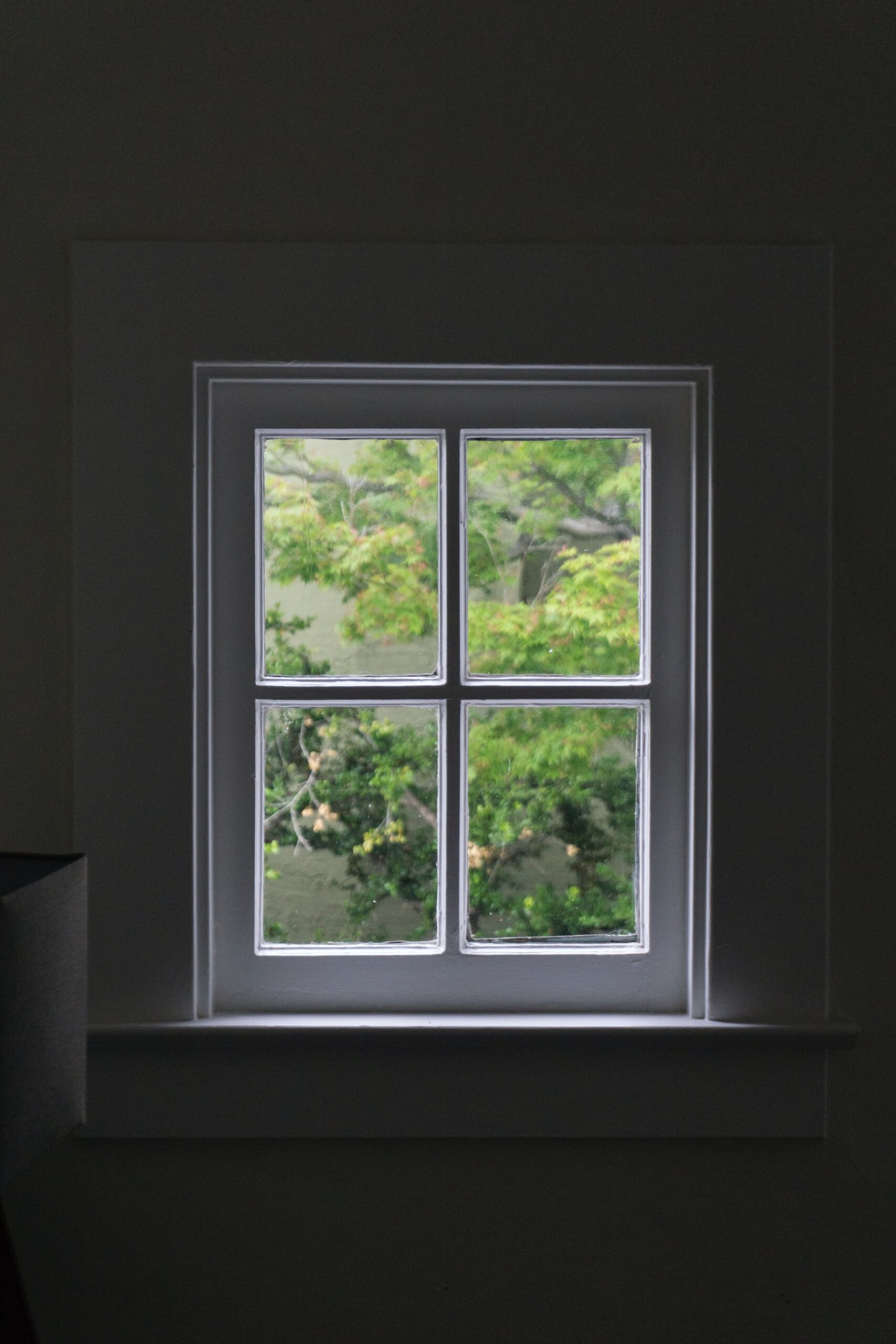What is Vacuum Insulated Glass?
Vacuum Insulated Glass (VIG) is a revolutionary new type of glazing that offers unparalleled energy efficiency, thermal performance, sound insulation, and durability. It is made up of two or more sheets of glass that are hermetically sealed in a vacuum insulating glass chamber. This vacuum insulating glass also creates a barrier of air that prevents heat and sound from transferring between the inside of glass, and outside of a building.
Why Choose Vacuum Insulated Glass for Your Sydney Home or Business?
Vacuum insulated glass (VIG) offers both thermal performance and a number of benefits over that of a traditional double-glazed windows, including:
Superior thermal insulation: VIG units are better at preventing heat from entering or escaping your home, which can lead to significant savings on your energy bills.
Improved sound insulation: VIG units are better at blocking sound waves, making them ideal for reducing sound transmission and noise pollution.
Thinner profile: VIG units have a thin profile compared to a conventional double or triple glazed windows, making them ideal for applications where space is limited.
Lighter weight: VIG units are lighter than conventional glazing, making them easier to transport and install.
Longer lifespan: VIG units have a longer lifespan than conventional glazing, typically lasting for 25 years or more.
Reduced condensation: VIG units are less likely to develop condensation than traditional double-glazed windows.
Improved air quality: VIG units can help to improve air quality by reducing dust and pollen entry into your home.
Reduced carbon footprint: VIG windows can help to reduce your carbon footprint by reducing your energy consumption.
Overall, VIG is a more energy-efficient, sound-insulating performance, and durable window option than traditional double-glazed windows.
How Does Vacuum Insulated Glass Work?
VIG works by using a vacuum layer between two glass panes to create a barrier that prevents heat and sound from transferring from one side of the window to the other.
The vacuum layer is created by sealing the two glass panes together and removing all of the air from the window and the space between them. This top vacuum glass layer is incredibly effective at preventing heat and sound transfer.
In fact, VIG technology has a U-value (a measure of thermal insulation performance) that is up to four times lower than conventional double glazing. This top performance means that VIG glass can help you keep your home cool in the summer and warm in the winter, saving you money on your energy bills.
Where Can I Use Vacuum Insulated Glass in Sydney?
VIG can be used in a wide range of applications, including:
Residential windows and doors
VIG is ideal for use in residential windows and doors, as it can help to reduce energy consumption, improve sound insulation, and create a more comfortable indoor environment.
Commercial windows and doors
VIG is also a popular choice for commercial buildings, such as offices, hotels, and schools, as it can help to reduce energy costs and improve the overall comfort and well-being of occupants.
Skylights and curtain walls
VIG can also be used in skylights and curtain walls to improve energy efficiency and sound insulation.
Heritage restoration projects
VIG is an ideal choice for heritage restoration projects, as it can be used to upgrade the thermal and acoustic performance of existing windows without compromising the original aesthetic appearance.
Vacuum Insulated Glass (VIG) is the future of glazing. It offers unparalleled energy efficiency, thermal performance, sound absorbtion, and durability, making it the ideal choice secondary glazing for a wide range of applications. If you are looking for a way to improve the comfort, energy efficiency, vacuum space sound insulation performance and, thermal performance, efficiency and acoustic performance and, and sustainability of your home or business, VIG is the perfect solution.






